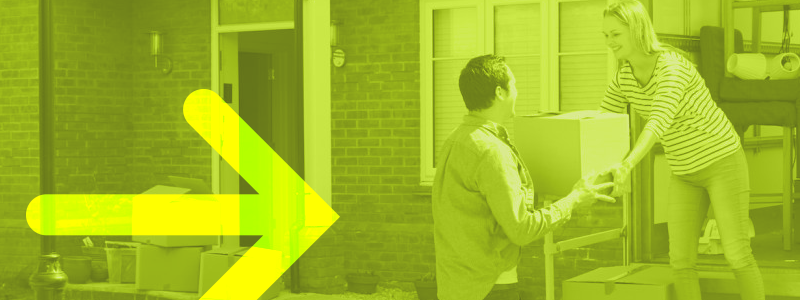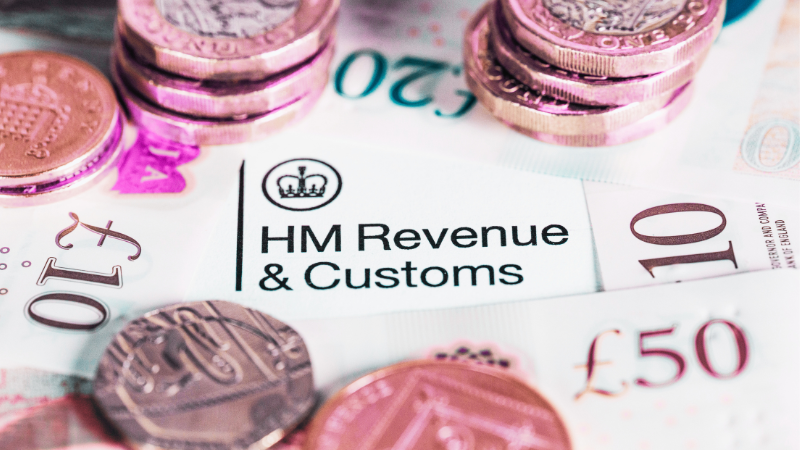Prior to the infamous credit crunch of 2007, the self-employed could apply for a ‘Self-Certification’ mortgage.
With these loans, the self-employed did not have to prove their income; they just informed the mortgage provider on what they earned, which inevitably led to problems.
The self-certification mortgage was eventually dubbed as the ‘liar loan’ as people abused the system by exaggerating their earnings to gain a bigger mortgage.
Unsurprisingly, this led to a ban on self-certification mortgages in 2014.
These days, if you’re self-employed you need to prove to a lender that you have a reliable income that can cover the monthly repayments of a mortgage, as well as meet a number of additional eligibility requirements.
What Counts as Self-Employed?
A mortgage lender will consider you to be self-employed if you own over 20% to 25% of a business that is your main source of income. You could be a company director, contractor, or sole trader of the business.
How to get a Self-Employed Bad Credit Mortgage
If you’re self-employed, you should still have access to the same mortgages as everyone else and meet the standard eligibility and affordability requirements of your lender. However, since you don’t have an employer that can confirm your earnings, you may be asked to provide considerably more evidence of your income than other borrowers would.
Who can get a Self-Employed Mortgage?
The majority of mortgage providers will consider self-employed people for mortgages if they have been trading for at least three years and have two years of self-assessment tax returns and/or accounts.
What Paperwork do I need for a Self-Employed Bad Credit Mortgage?
There are a number of things you will need to provide in order to sufficiently prove your income to a mortgage lender. They include, but may not be limited to:
- At least two years of certified accounts for Ltd Companies, preferably prepared by a qualified chartered accountant to determine the average profit earned over the previous few years. It is always favourable if your profits increase year after year as opposed to declining.
- Your tax year overview (SA302 forms) for at least two years.
- Proof of future contracts, if you are a contractor or if you are a company director, evidence of retained profits or dividend payments.
- Passport and/or driving licence.
- Latest council tax bill and/or utility bills from the last 3 months.
- Bank statements for the last 3 months. This will show lenders the extent of your outgoings, not just on bills, but on the likes of hobbies, socialising, holidays, travel, childcare, food, and other outstanding loan repayments, such as credit cards, car finance, and store cards. This is so a provider can be sure that you can afford your mortgage repayments each month.
If you’re self-employed and only have a year or less of accounts it will become more difficult to secure a mortgage, as your lender will find it difficult to determine if you can afford it. In this situation, you are likely to be asked to show evidence of regular work, future commissions, and contracts for impending work. You should also be aware that you may have a limited choice of mortgages.
Improving Your Chances of Securing a Mortgage with Bad Credit
If you’re self-employed there are a number of ways that you can increase your chances of securing a mortgage, which include:
- A Large Deposit – Put together as big a deposit as you can. The larger your deposit the better the chance of securing a mortgage.
- Improve your Credit Rating – Check your credit report and do what you can to improve your credit rating, such as making other loan repayments on time, getting on the electoral roll, and keep balances on credit cards low.
- Reduce Credit Checks – You may not know this, but multiple credit checks over a short space of time can reduce your credit score. Comparison sites can run multiple credit checks to steer clear of them if possible.
- No Payday Loans – Mortgage providers don’t look too favourably on payday loans, and they often indicate to lenders that you are in financial difficulty. In fact, many lenders will refuse your application outright if they see you have a history of using payday loans.
- Avoid Certain Properties – Lenders will be more reluctant to offer mortgages on old or unconventional properties, or flats above commercial properties.
- Get an Agreement in Principle – It is hard to even view properties without an agreement in principle. So speak to a mortgage broker and work on getting one put in place, which will confirm the maximum mortgage amount you could be eligible for. This will help with a mortgage application in the future.
- Speak to a Mortgage Expert – A mortgage expert or broker will have access to the whole market, so will be able to find you a lender that is best suited to your situation.
Getting the Best Bad Credit Mortgage Deal
Your best option is to approach a specialist broker. They will have the necessary knowledge and expertise in current mortgage providers to best place your mortgage depending upon your income types.
The mortgage rate you are offered is most likely to depend on the size of deposit you can put down. The bigger the deposit the better the rates. This is also true for your credit rating – a better credit rating tends to mean better interest rates. However, if you get turned down by the mainstream lenders, you may have to pay a higher interest rate with a specialist lender.
Are There Bad Credit Mortgages for the Self-Employed?
Yes, there are mortgages that are catered towards those who have bad credit and are self-employed.
A mortgage expert will be able to find you a mortgage provider that specialises in these mortgages for the self-employed. These lenders are used to dealing with clients that are higher risk and as a result, will consider borrowers with one or more of the following credit issues on your file:
- No credit history or a low credit score
- Late payments, defaults, or missed mortgage payments.
- Payday Loans
- County Court Judgments (CCJs)
- Individual Voluntary Arrangement (IVA)
- Debt Management Schemes
- Repossessions
- Bankruptcy
Specialist lenders will look at the age and the severity of the credit issue on file. Put simply, the older and less severe the credit issue, the better. They will also take into account how closely you meet other affordability and eligibility requirements. You may also need a larger deposit.
Self-Employed Mortgages Dos and Don’ts
To summarise these are the dos and don’ts of self-employment mortgages. Follow these little tips and you will find the whole process a lot easier.
Do keep up-to-date records of your accounts, including incoming earnings and expenses.
Don’t underestimate your earnings when completing your self-assessment tax return to lower the amount of tax you have to pay. The less it appears you earn, the less you will be eligible to borrow.
Do hire a chartered or certified accountant to prepare your tax returns so a lender can trust the assessment of your earnings.
Don’t just assume you won’t be able to get a mortgage if you’re self-employed as there are many lenders out there that specialise in lending to the self-employed.
Do speak to a mortgage broker to discuss your options – contact us today to start your application for a self employed mortgage.
Contact us today to begin your application for a self-employed mortgage.






